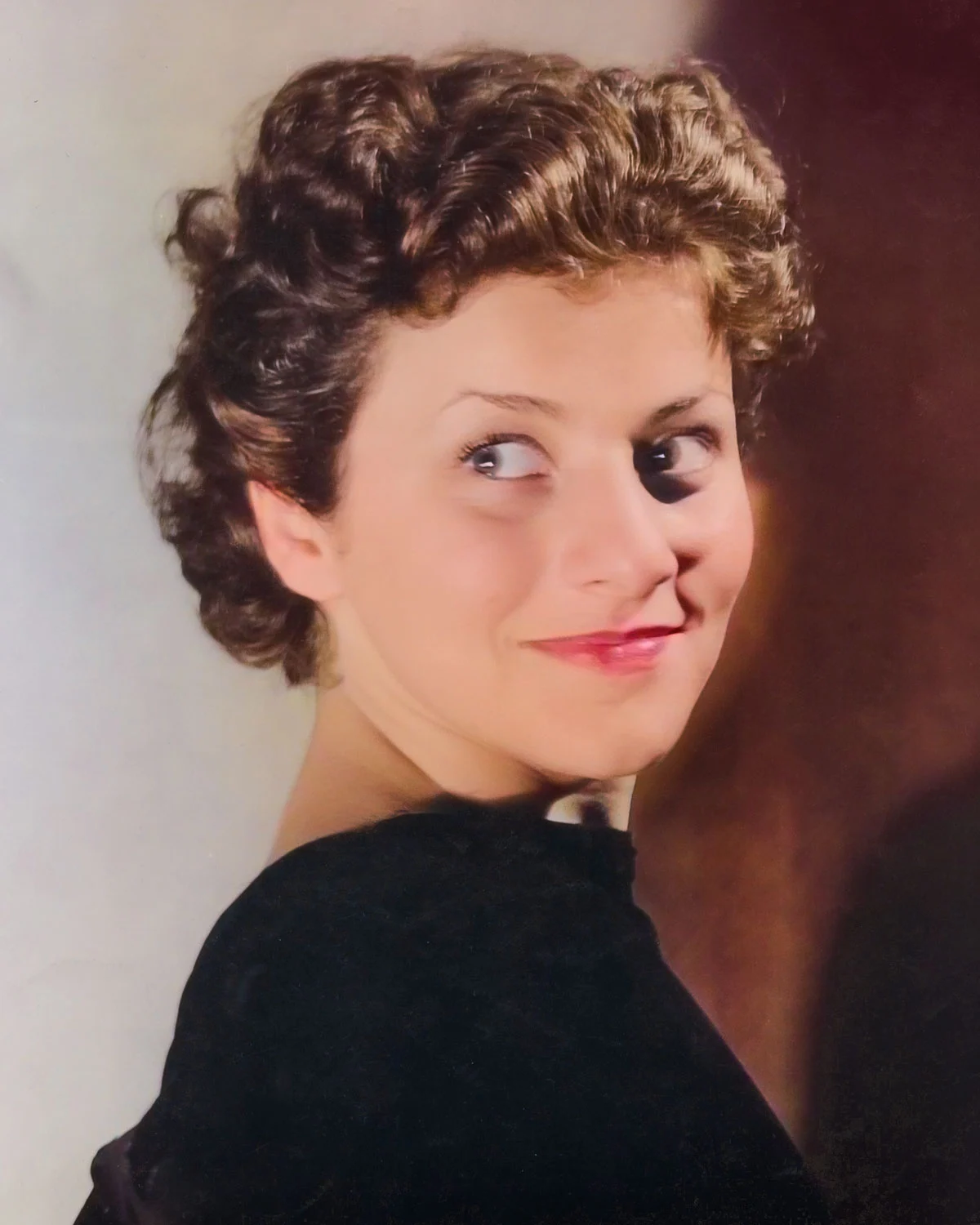Spolin was born in Chicago in 1906 as Viola Mills, the daughter of Russian-Jewish immigrants. She belonged to a family in which games were common and they liked to act and laugh.
At 18 she began studying with sociologist Neva Boyd at Hull House, a shelter for the youth of immigrant and poor families from the depressed neighborhoods of Chicago. At Hull House there was a Recreational Training group (what we now know as social services), where Spolin learned about group work. Boyd believed in play as a pillar of learning and socialization, so her training program included storytelling, dance, drama, art, and group play.
Boyd, a leader in progressive education movements, had compiled a vast collection of non-competitive story-making games. So Spolin discovered in them how the game made it possible to create theatrical pieces, which were later performed.
After finishing high school, Spolin married Wilmer Siverberg (who changed her last name to Sills), with whom she had two sons: Paul (who would found The Second City) and William. After her divorce she joined with other divorced women to create The Educational Playroom.
In 1939, Neva Boyd hired Spolin as a drama teacher at the Works Progress Administration Recreation Project. Spolin then used everything she had learned from Boyd to create theatrical games to help immigrant children who did not speak the same language.
After World War II, in the following decade, she moved to Los Angeles with her second husband, Ed Spolin, and continued her work with young people at the Young Actor’s Company.
In the 1950s, Paul Sills founded The Playwrights Theater Club at the University of Chicago, and called Spolin to teach them. In late 1959 he called her again when she started The Second City.
During decades of work and research, Spolin developed multiple games and theater techniques based on them. In 1963, Spolin wrote his first book, as a summary of all his knowledge: “Improvisation for the Theater” (three editions have been published in 1963, 1983 and 1999). In this he emphasizes the importance of spontaneity and that the teacher’s position should not be a figure of authority, but rather a coach at the side. Spolin believed that students should have the freedom to act without feeling constrained by the presence of the teacher judging them.
In 1975 he published “Theater Game File” on cards, after his material had been plagiarized in this format.
Refreshing his first book and giving it an approach oriented towards the practicality of the director of a company, he published “Theater Games for Rehearsal: A Director’s Handbook” in 1985.
Spolin published “Theater Games for the Classroom” in 1986, a guide to working on improvisational theater with children in a school environment.
After suffering a stroke in the early ’90s, Spolin could no longer teach. In November 1994 Viola Spolin died in Hollywood, California.
The book “Theatre Games for the Lone Actor” was published posthumously in 2001, under review by his son Paul Sills.
None of his books have yet been translated into Spanish.
Sources: ViolaSpolin.org | WTTW: Chicago Stories

No Comments